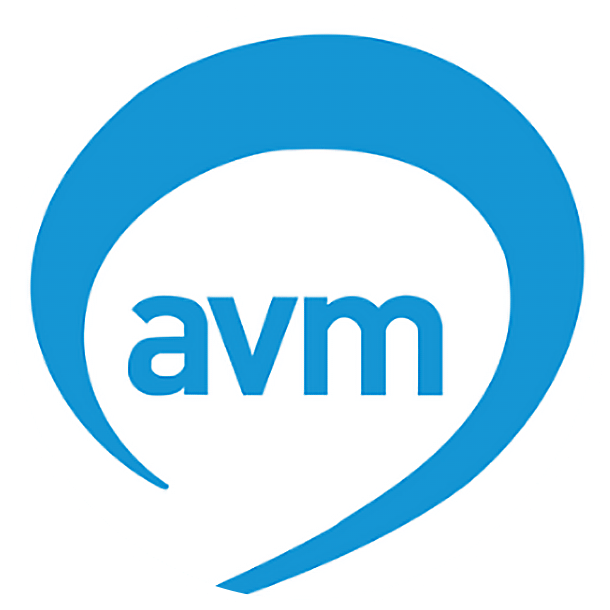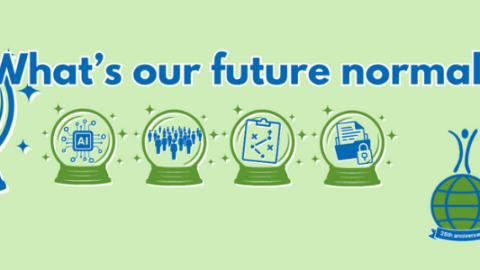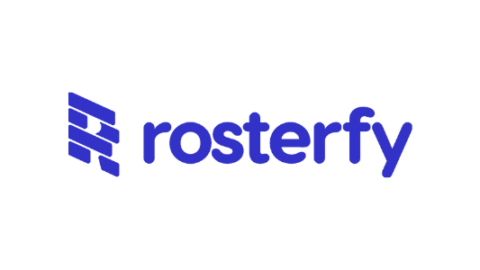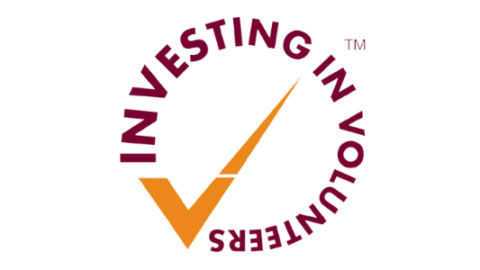The other day I went to an event for professional associations on what I thought would be a fairly dry theme: continuing professional development (CPD). A topic to get the pulse racing on a weekday morning without the need for caffeine if ever there was one!
However, behind the fairly grey acronym is something really profound and golden. At its heart, CPD is really about how we aspire to live and work.
The learning we do throughout our professional careers has a huge impact on how we’re able to approach work-life balance and ultimately, what we’re able to accomplish as professionals. As Prof Andy Friedman of PARN calls it – CPD is essentially: “Lifelong learning for professionals”.
Changing shape of careers
This shift in how CPD is viewed is set against common trends affecting all kinds of professions, such as the decline of the single career trajectory, the increase in transitions and change we can expect as we go through our career, and the longer working life we have ahead of us. Many of us in volunteer management would recognise these trends.
If the shape of careers has changed, so has understanding about how learning works.
For example, it’s no longer education, it’s learning – where the primary responsibility for this learning lies with us as individuals, not our employers or organisations. There’s also the huge growth in the amount of informal learning out there and the fact our learning happens in an increasingly complex and fast-changing environment.
Hilary Lindsay has written a book that addresses many of these questions: “Adaptability: The Secret of Lifelong Learning”. Her background is in the accountancy profession where she is now Institute of Chartered Accountants in England and Wales (ICAEW) Vice President, as well as a researcher and lecturer at The Open University. She has a huge range of experience including volunteering with Samaritans for over 20 years.
If you just read the word ‘accountancy’ and thought “what could this book have that’s relevant to volunteer management?” – hear me out.
Hilary’s research has led to her developing a very interesting model of professional learning that can help us all as individuals organise our learning as professionals.
A new dimension
She looked at three dimensions of learning as recognised in the academic literature:
- Cognitive learning – concerned with the acquisition of knowledge, skills and understanding through thinking (learning through thinking)
- Interpersonal learning – related to interaction with others and with the environment and to areas such as participation, engagement, communication and cooperation (learning through doing)
- Intrapersonal learning – involves the assimilation of learning and the development of the individual as becoming, our identity and how we see ourselves in our communities (learning through being)
Learning activities generally include each of these dimensions, but may be weighted to some more than others.
Learning activities
In the survey Hilary Lindsay carried out as part of her research, she asked about the following learning activities:
- Attending courses, conferences and seminars
- Reading technical material
- Reading magazines, newspapers and journals
- Studying online learning modules
- Accessing the internet for information
- Participating in workshops with peers
- Interacting with experts
- Doing your job on a regular basis
- Reflecting on your performance
- Being shown by others how to do certain activities and tasks
- Watching and listening to others while they carry out their work
Respondents indicated that they were much more likely to recognise the learning activities towards the top of the list as professional development.
She also noted that those learning activities towards the bottom of the list that were less likely to be recognised as professional development, also tended to be more informal and more focused on learning as participation or interpersonal.
Conversely, the learning activities that were more often recognised as CPD, tended to be more formal and more weighted towards cognitive learning.
Why is this?
Well, one answer is that formal learning tends to be the most easily measurable superficially, e.g. hours on a course or number of attendances. In the last few years, there’s been a considerable move towards measuring this learning in terms of outputs (learning outcomes), rather than inputs (e.g. hours of studying). This has rather level the playing field between informal and formal learning.
A key finding of Hilary Lindsay’s research was that it demonstrated the existence of a learning iceberg, where more traditional learning activities were more visible, but at the same time, all kinds of important learning activities were hidden from view.
She made the point that many of these more hidden activities, such as learning with/from others, learning on the job and learning through reflection were often crucial to ensuring our competence as professionals. As a result it’s crucial that they are not left out of our own professional learning strategy.
She went further, indicating that even more hidden are certain attributes that make us more adaptable in our careers, such as learning to engage, explore, experiment, keep a positive attitude and have self-belief. These are attributes that we can use and make a profound difference to how we live our lives, not just how we approach our work.
What are the lessons for us in volunteer management?
Many of us with restricted training budgets or the relative lack of formal training opportunities might find it hard to empathise with an over-reliance on cognitive training.
But from another perspective, there is a real opportunity for us in volunteer management to take advantage of the prevailing trends in learning and career development.
It’s likely that a lot of us have relatively greater opportunities to engage, explore, experiment, etc., than other professions that are more heavily regulated, more highly structured and less flexible given their legacy approach to CPD.
Volunteer management professionals are potentially much better placed than others, to achieve a really balanced approach to professional learning that includes the cognitive, intrapersonal and interpersonal dimensions that sustain us in the longer term.
It’s also an opportunity to review our current learning and include many activities we do that include learning with others, learning on the job or learning through reflection. It’s possible we’re actually already doing a lot of this and with a bit of readjustment many of the activities we take part in could become hugely valuable learning for our own professional development.
Next time you review your professional learning, try reflecting on your learning from these three key perspectives:
- Cognitive – How’s your learning equipping you with the skills your need?
- Interpersonal – How’s your learning helping you fully engage and participate with others?
- Intrapersonal – How’s your learning enabling you to become the professional you aspire to be
==========
Post by a former AVM Board member






I’ve found that learning with / from other VM’s has been as much use, if not more so, than any training course I’ve been on and with the added bonus that between me and the person I’m speaking to we can tailor the conversation to get the most out of it. Bespoke training if ever there was any!
Thank you for this interesting article. It has challenged me personally and provided a helpful framework for me in my role as a provider of training in my organization.
A fascinating and helpful model!
However, there appear to be two further categories to add…?
I’ve had a go at adapting the model to add two arrows that relate to professional learning with ‘Courses and Technical Updates’ taken out of the equation. Interestingly I felt the term ‘practitioner’ (rather than professional) was more suited for these other two areas….
The two added categories suggested are: (see diagram via link below)
– The ‘have-a-go’ practitioner (Career adaptability attributes)
– The seasoned practitioner (Learning from the job + Career adaptability attributes)
http://www.site-seed.org.uk/attend-blog/2015/08/10/the-professiona-learning-icerberg